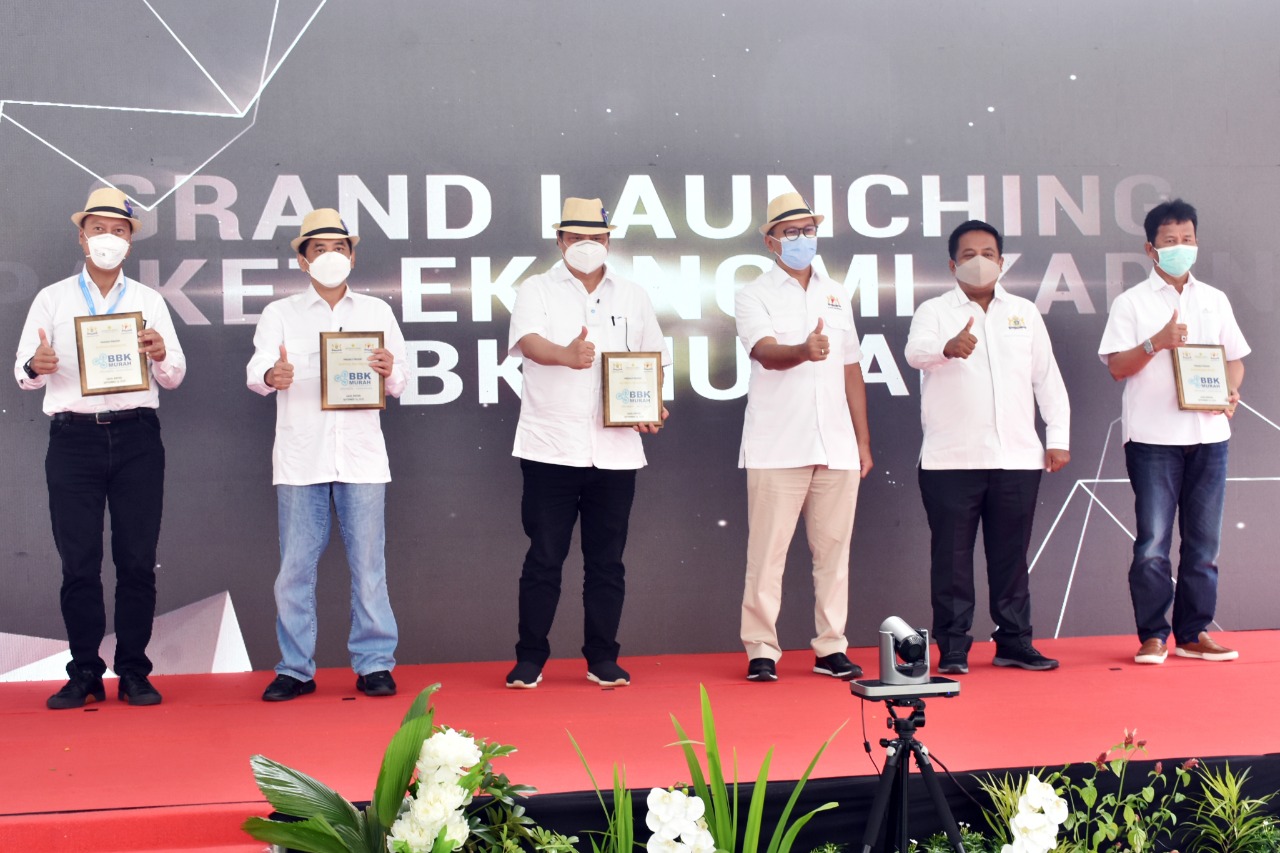Amid global economic uncertainty and the surge of imported goods in domestic markets, the Indonesian government is taking steps to strengthen the national manufacturing sector. The government revoked Ministry of Trade Regulation (Permendag) No. 36 of 2023 along with Permendag No. 8 of 2024, replacing them with nine new regulations (1/7).
This action marks the start of industrial deregulation aimed at simplifying licensing procedures.
It follows President Prabowo Subianto’s directive for ministries and agencies to conduct self-assessment and revisit existing licensing processes.
Support for Competitive Industries Through Deregulation
According to Minister of Industry Agus Gumiwang Kartasasmita, the initiative aims to provide more room for businesses to stay competitive and adapt to changing market demands.
The deregulation is also seen as a necessary adaptation to global challenges, such as export market contractions, while ensuring the steady availability of raw materials and supporting goods.
Agus emphasized that the acceleration of deregulation aligns with the national industrial development vision.
He stressed the importance of building industry not only through physical infrastructure and investment but also by fostering solidarity and empowering human resources.
He explained, “The essence of an economy rooted in Pancasila is an industry that honors humanity rather than marginalizing it. The key to self-reliance is enabling domestic industry to be the host in its own country”.
The Minister also applauded government efforts to improve the business climate by reducing bureaucratic burdens, ensuring licensing processes do not become obstacles due to lengthy procedures or high costs.
Positive Signals for the Textile Sector
At a recent press conference on import policy deregulation and ease of doing business, Deputy Minister Faisol Riza highlighted how industry feedback has helped shape current reforms.
He expressed optimism that improved access to raw materials through deregulation would increase utilization rates in the textile sector.
Faisol said, “We expect this to be reflected in the Industrial Confidence Index (IKI), with the textile sector showing stronger performance, which in turn protects the industry, including other sectors like furniture that benefit from eased raw material imports”.
He also underlined the importance of finalizing technical considerations for import permits concerning textile and textile products (TPT).
The TPT industry showed growth of 4.64% year-on-year in Q1 2025, while exports rose 2.49% in 2024 to USD 11.96 billion. Faisol urged that these positive trends should be sustained.
Collaboration with Industry Associations
The Ministry of Industry has engaged with key industrial associations to gather input critical for policy formation.
Organizations such as the Indonesian Textile Association (API), Indonesian Footwear Producers Association (Aprisindo), Electronic Manufacturers Association (Gabel), and Indonesian Cosmetic Companies Association (Perkosmi) have provided constructive feedback.
The textile industry remains a major labor employer, with over 3.97 million workers as of August 2024, comprising 19.9% of the manufacturing workforce.
Faisol stressed that appropriate import policies are vital to preserving this sector’s substantial contribution to the national economy.
PHOTO: KEMENPERIN
This article was created with AI assistance.
Read More






 Friday, 27-02-26
Friday, 27-02-26







